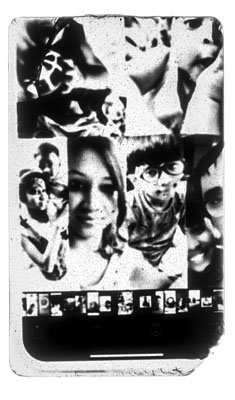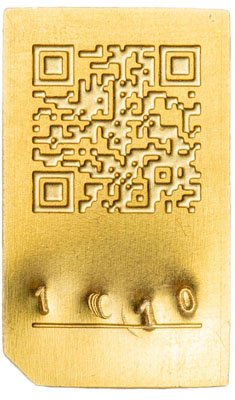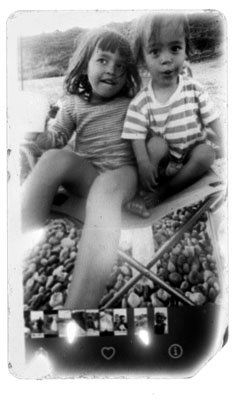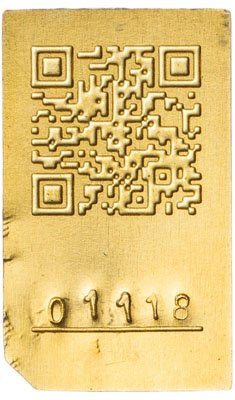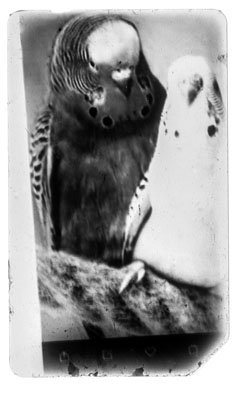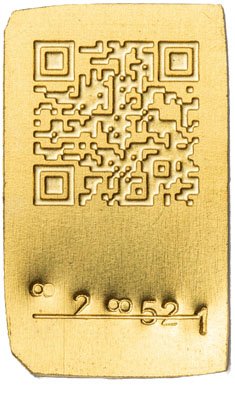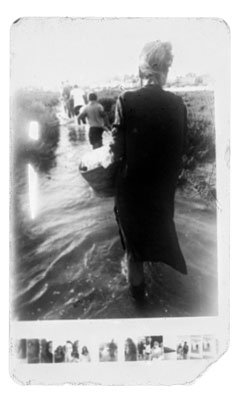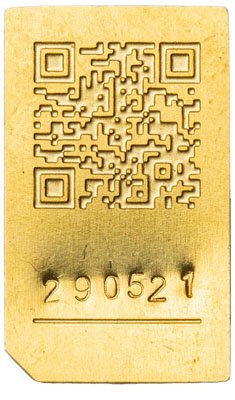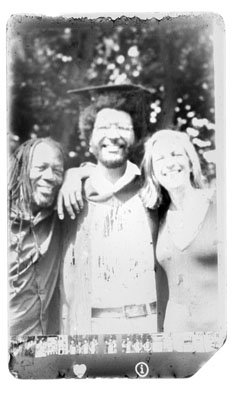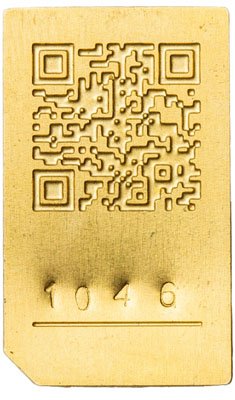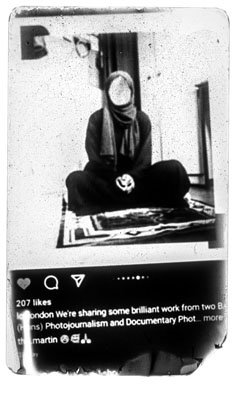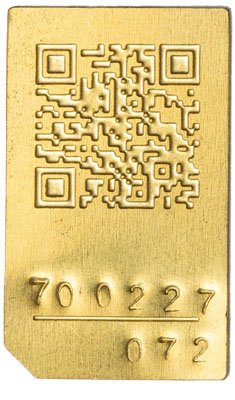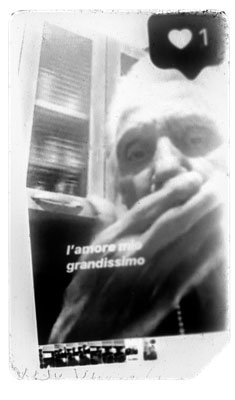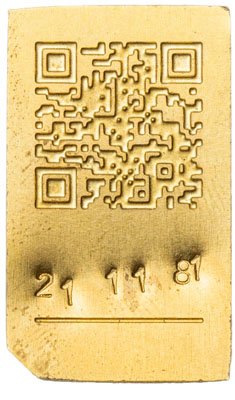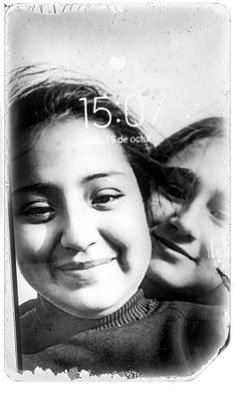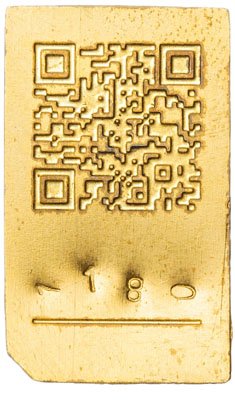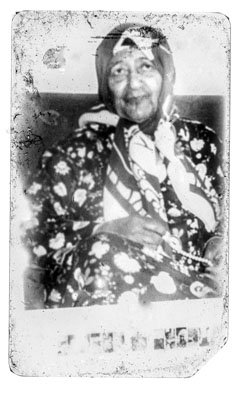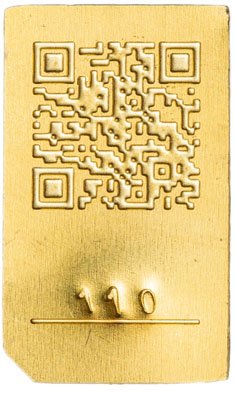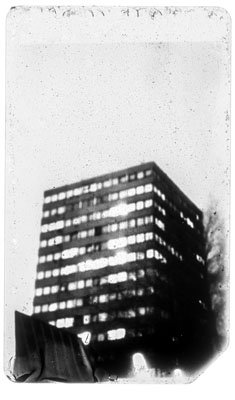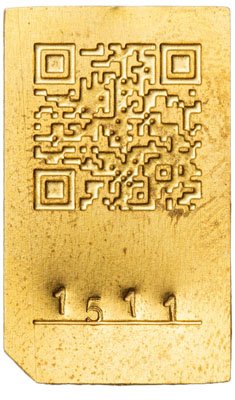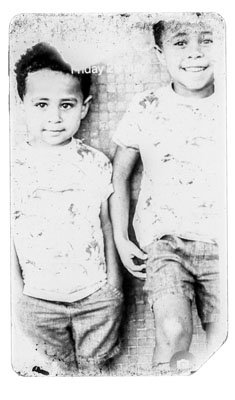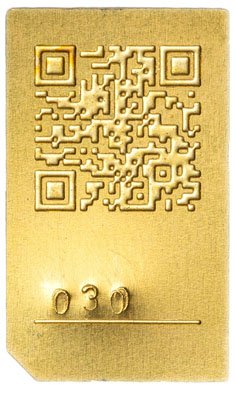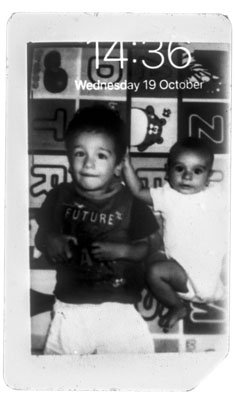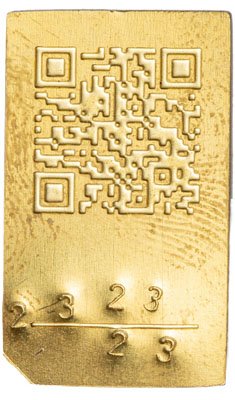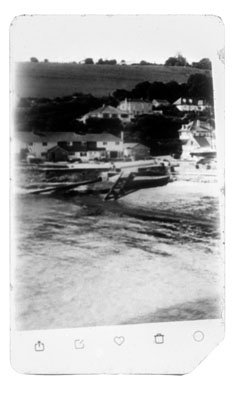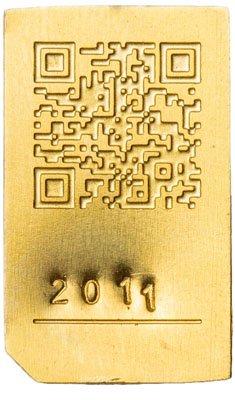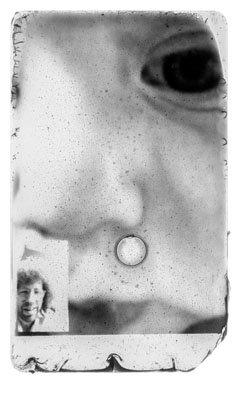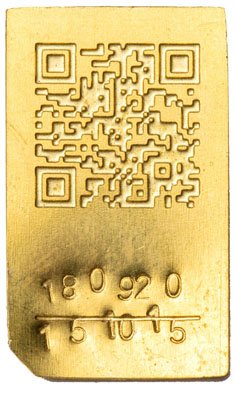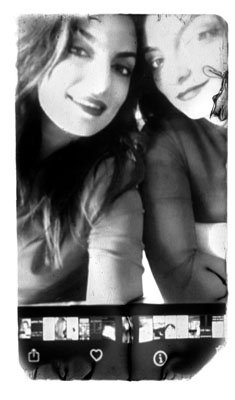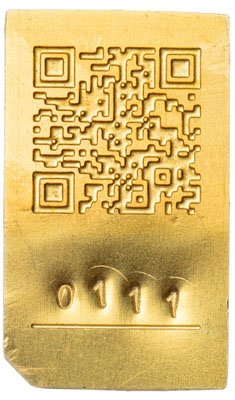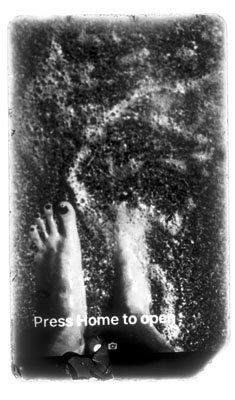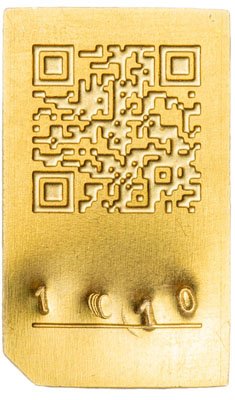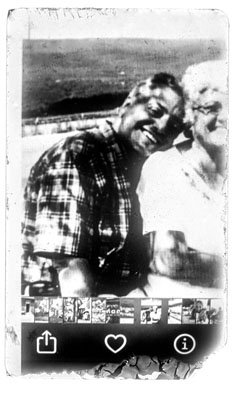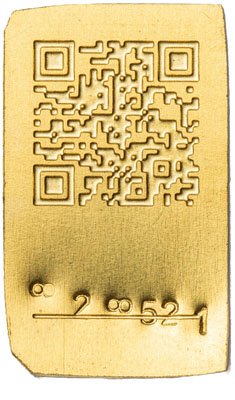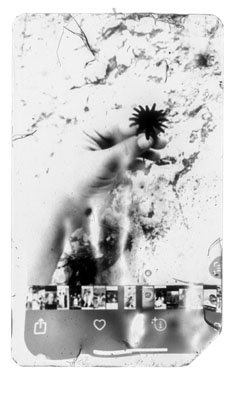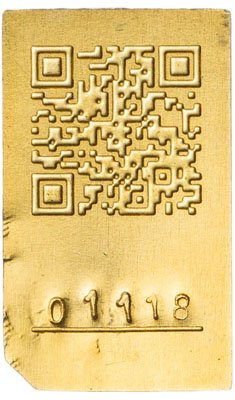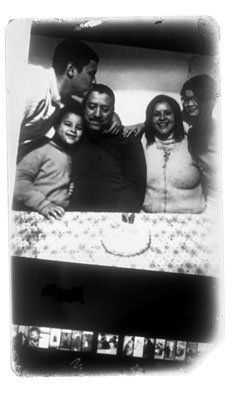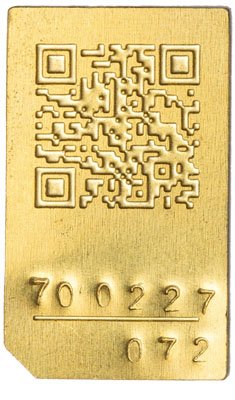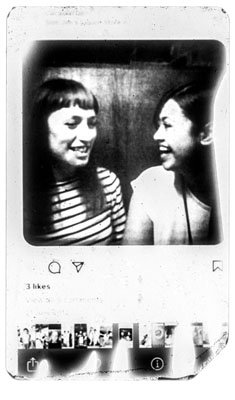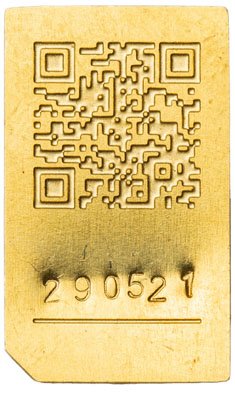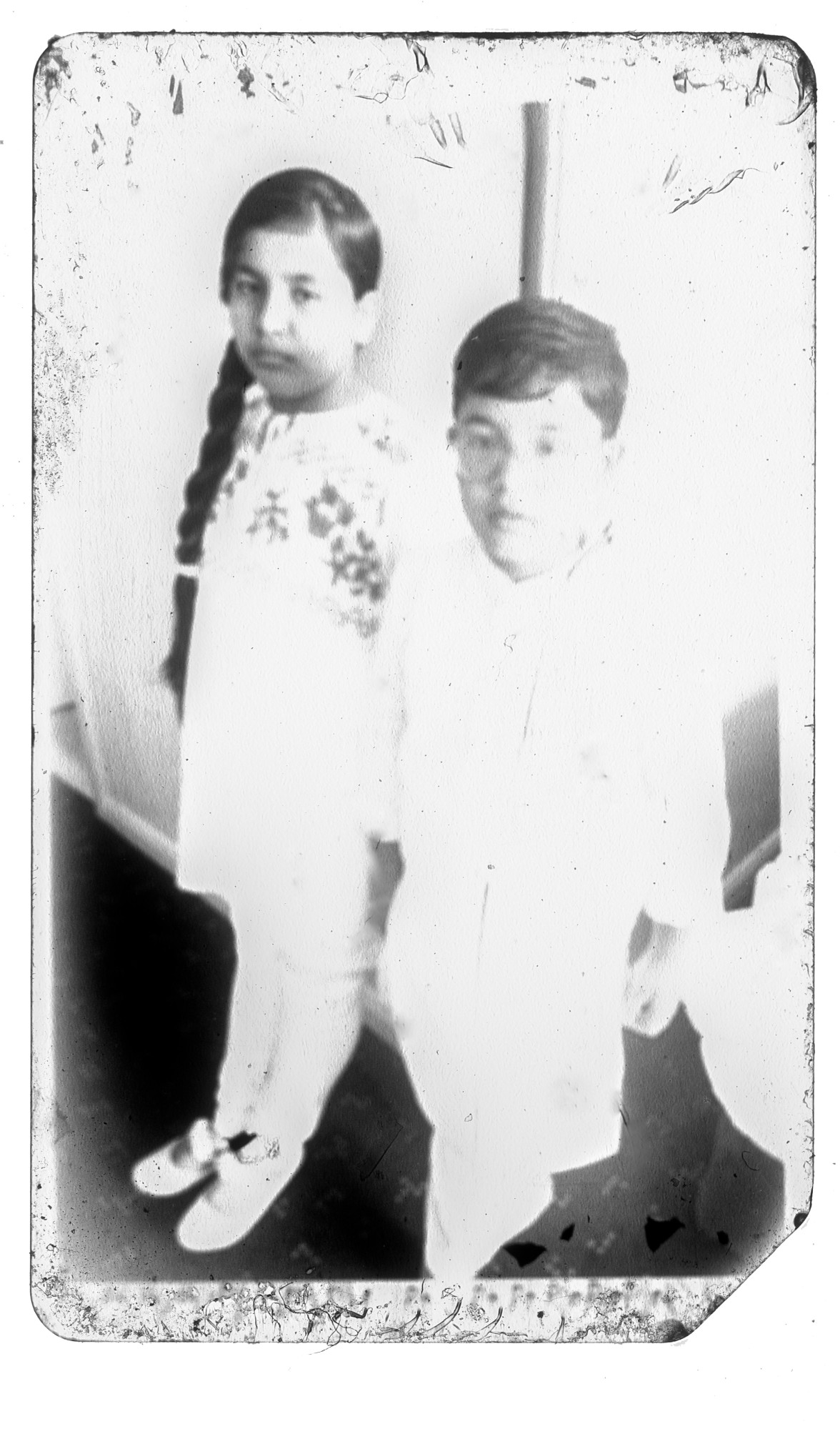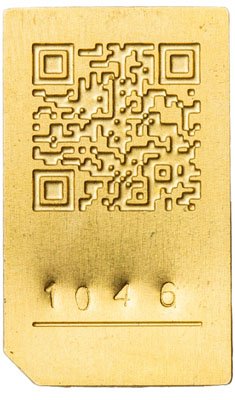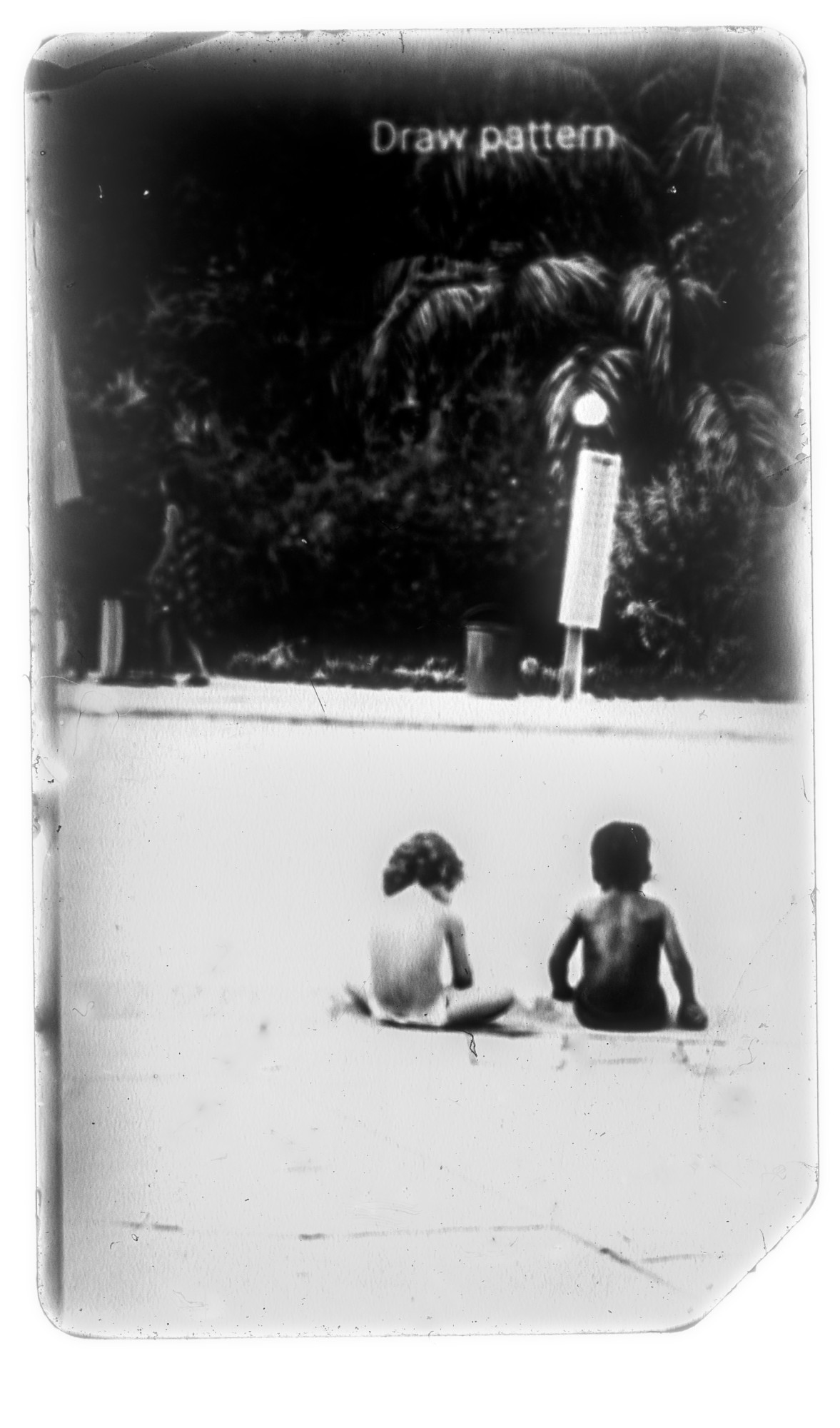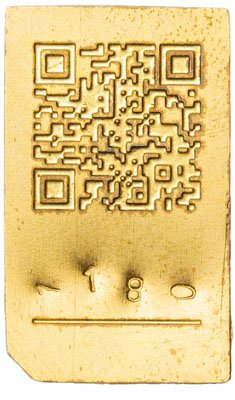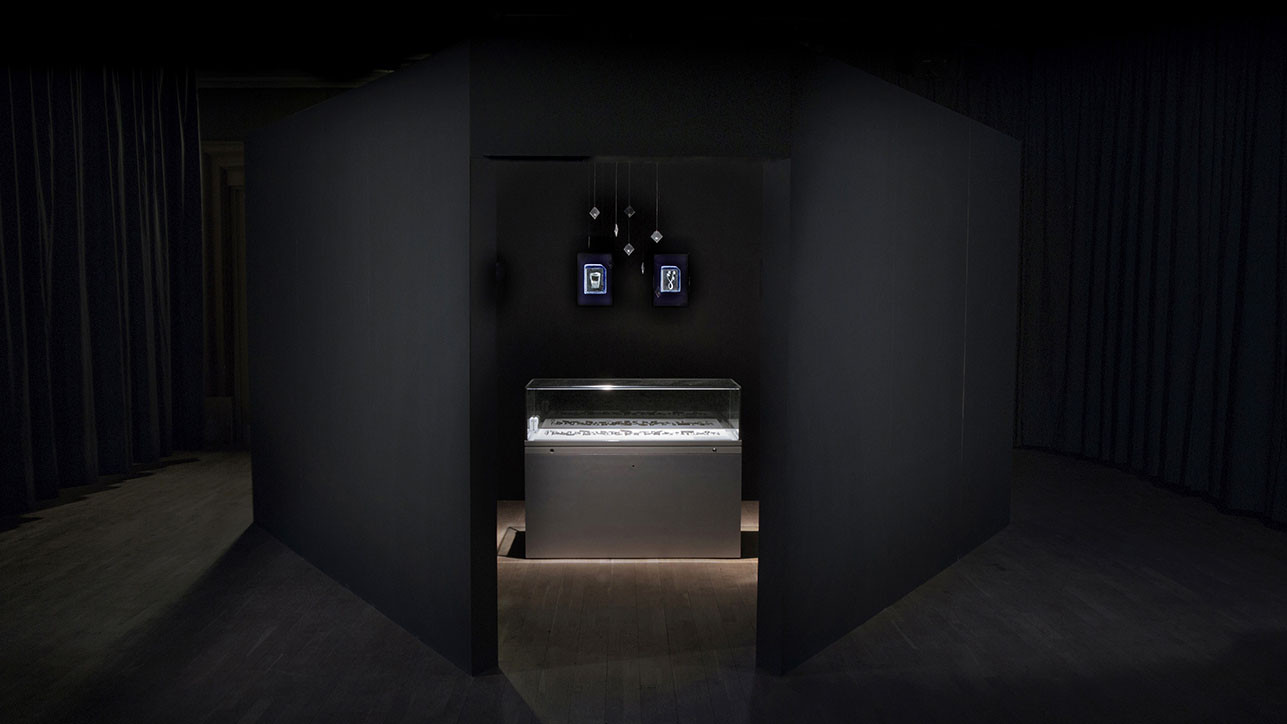
The Story
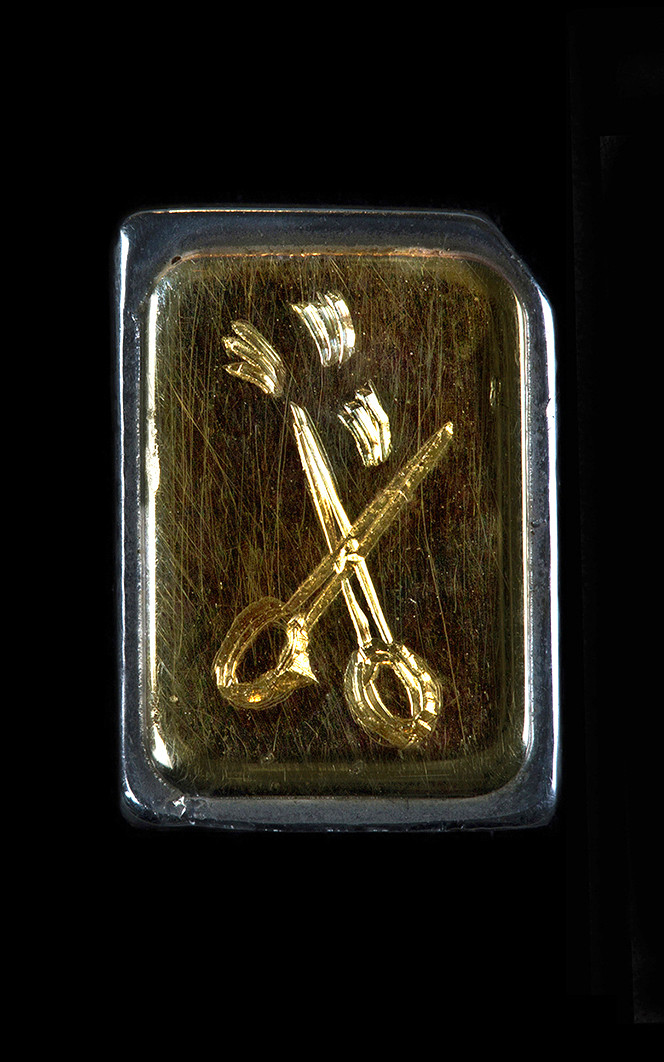
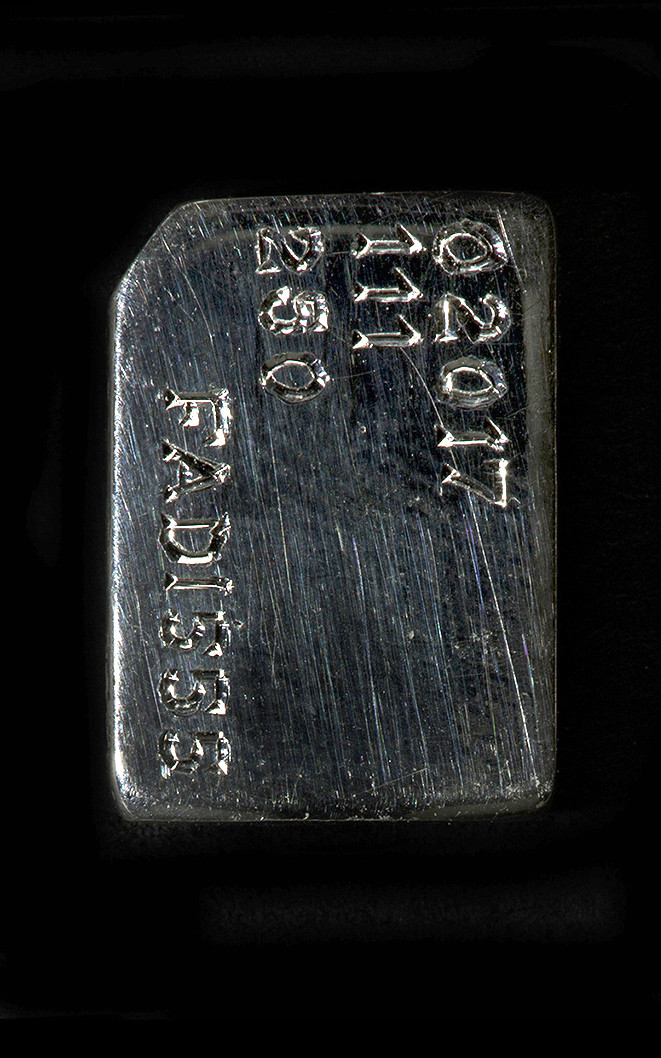
Smartphone suitcases
The project was inspired by collaboration with Syrians who had recently arrived on a resettlement programme to Coventry, a city of sanctuary in 2017.
An archive of keys dating from the 11th century to 1940 in the city museum, led us to focus on SIM cards as ‘keys’ for mobile connection that unlock ‘smartphone suitcases’ to open up communication channels and personal digital archives.
‘The SIM card is like petrol in a car, the phone is the car. I would feel imprisoned without it…. It provides a way for my children to remember the faces, the places, the language of Syria, and for our family to build a secure future life here.’
Abdul, Solicitor, Syria and Coventry 2018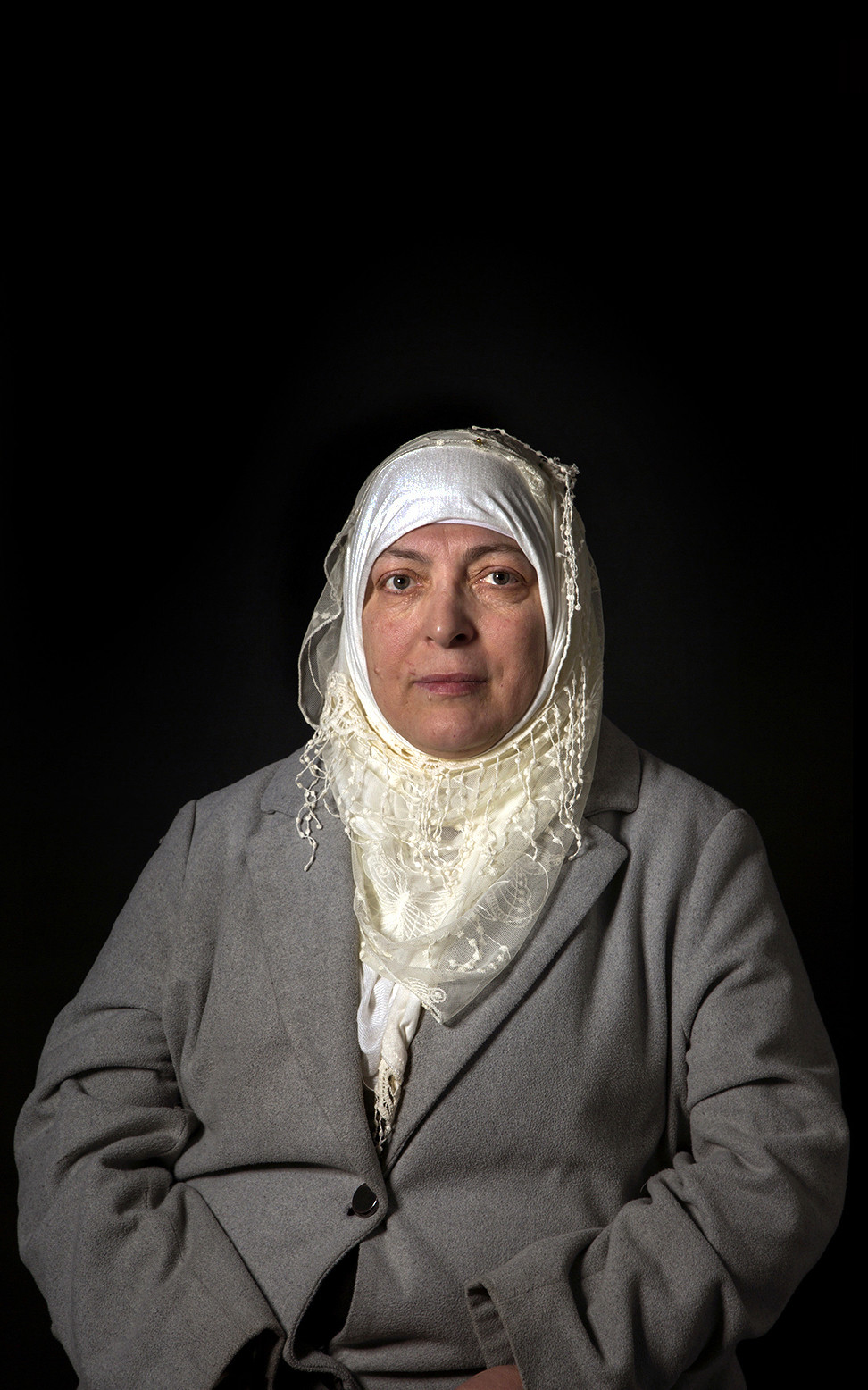
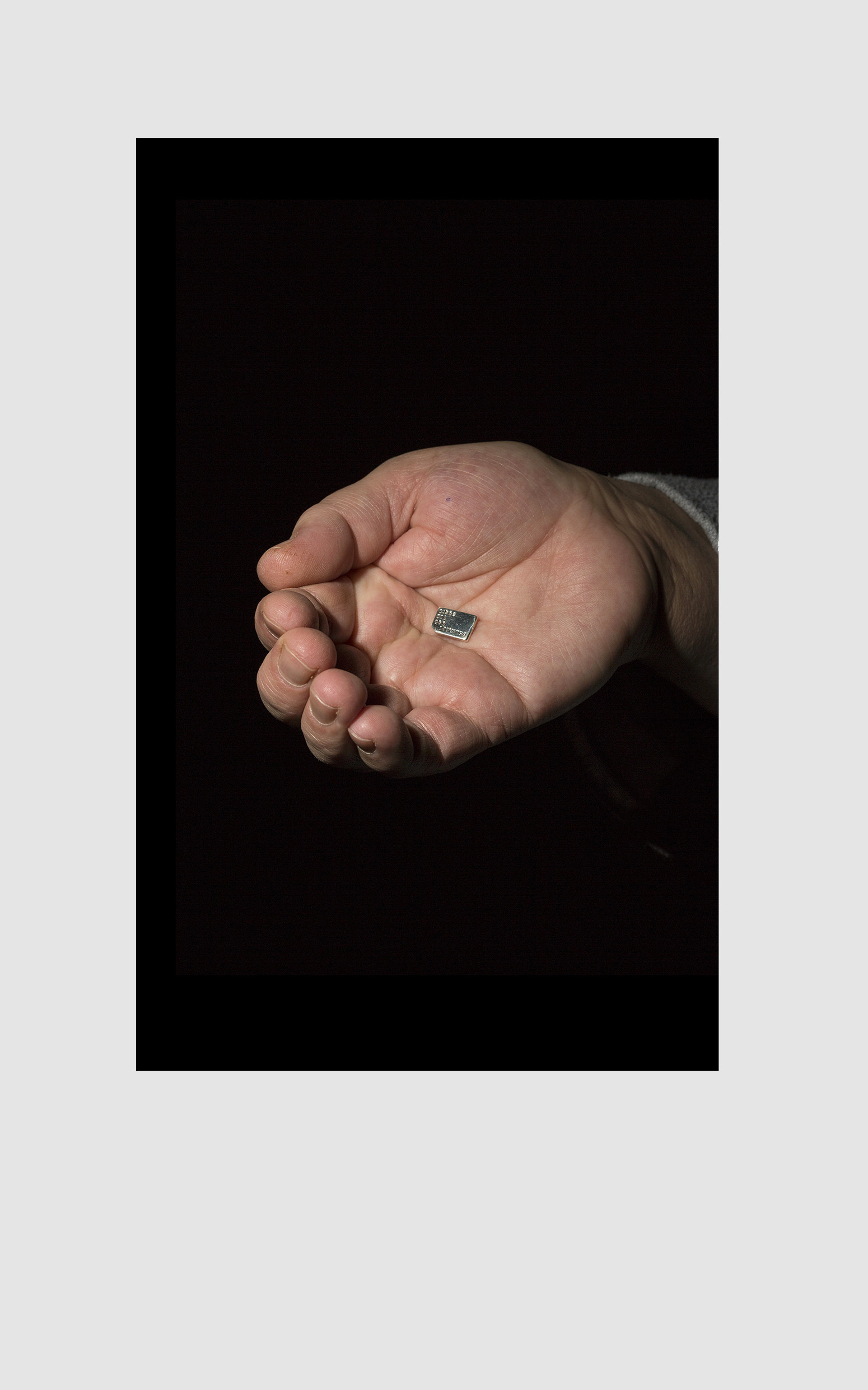
Miniature Messages
A local silversmith engraved SIM-sized artworks with hand-drawn illustrations, each one serving as a message from one person to the future.
On request, their personal artefacts were transformed into wearable pendants, and people's portraits were made so that they could share them with loved ones via digital messaging platforms.
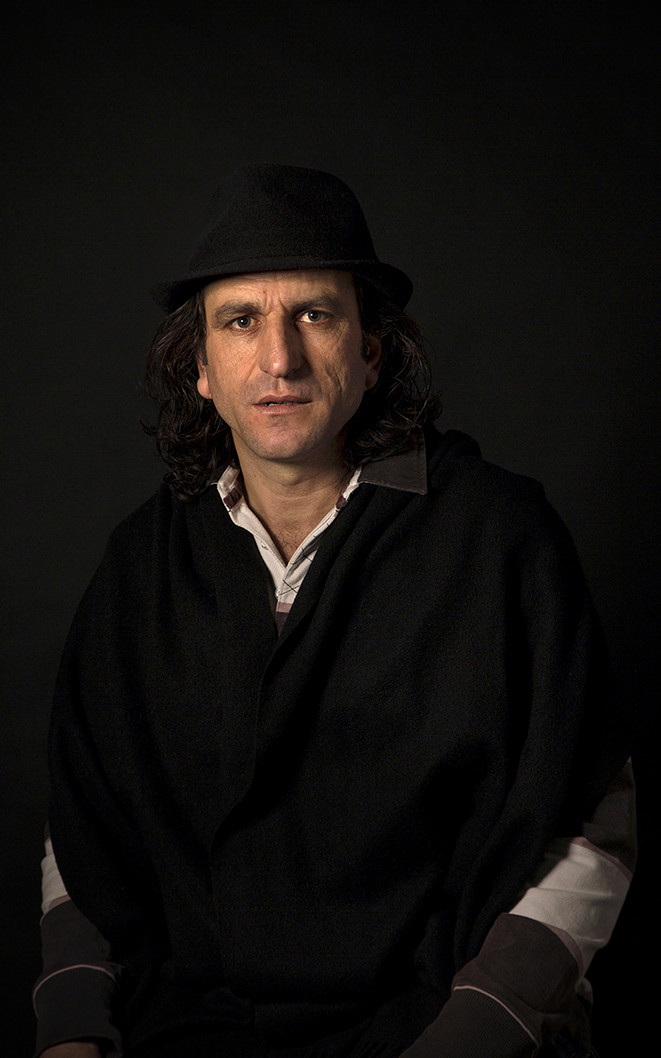
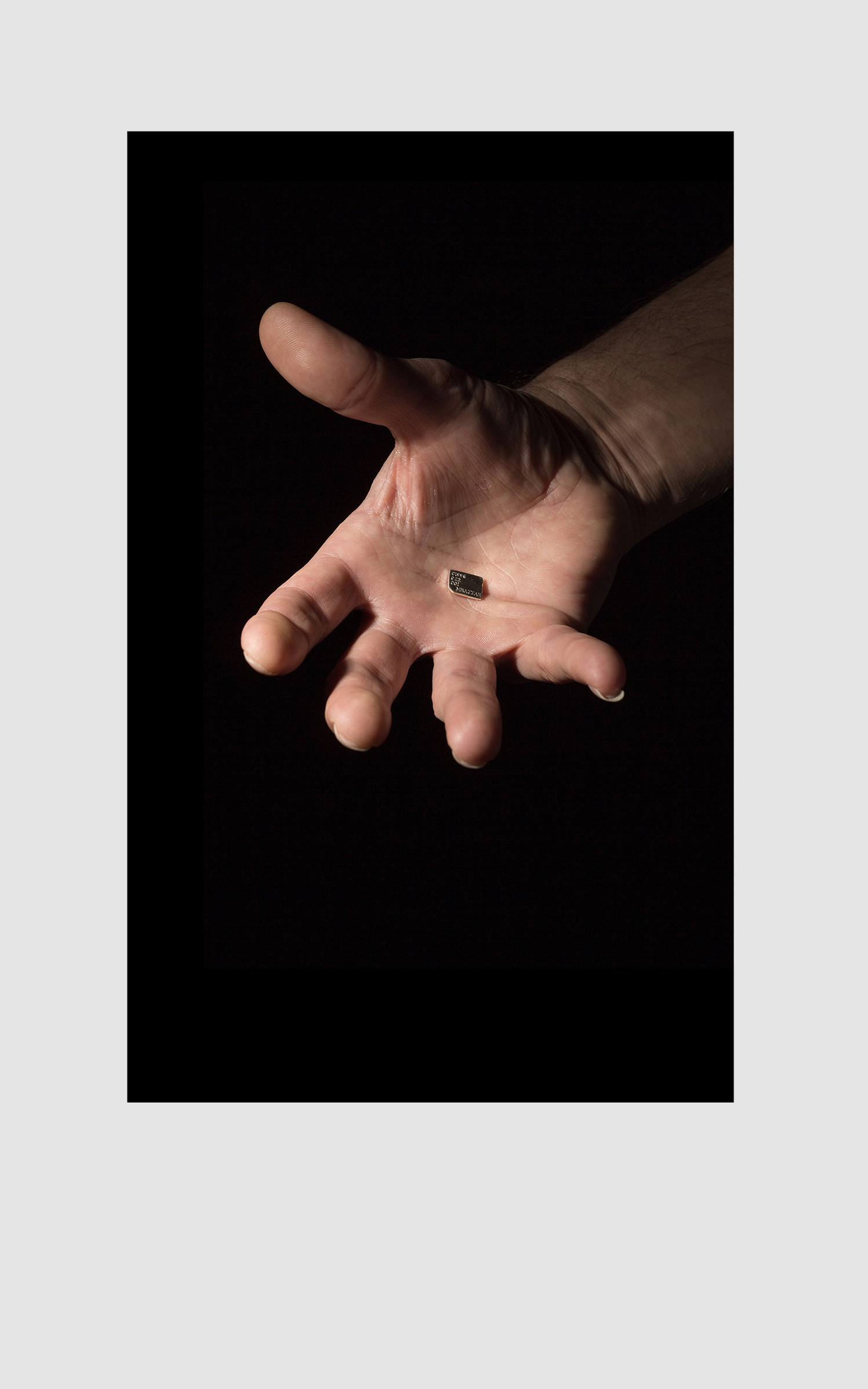
Connecting archives
The gold-plated SIM artworks, blend traditions of craft and place-making to embody individual hopes for the future. They were added to the Herbert Museum and Art Gallery's collection and displayed alongside the city’s archive of keys.
This first chapter of the project in Coventry was commissioned by GRAIN projects in 2017 and led to a residency in the Department of Digital Humanities, Kings College London (2020–22).
‘A key to home: The role of the SIM card in refugee resettlement’ (Hingley, 2022) is published in the journal Imaginations: Special Issue on Migrations.
‘I keep my SIM card in my wallet as a reminder of a place and a past life that I am not able to reach’
-Omer, Sudan and Greece, 2022

